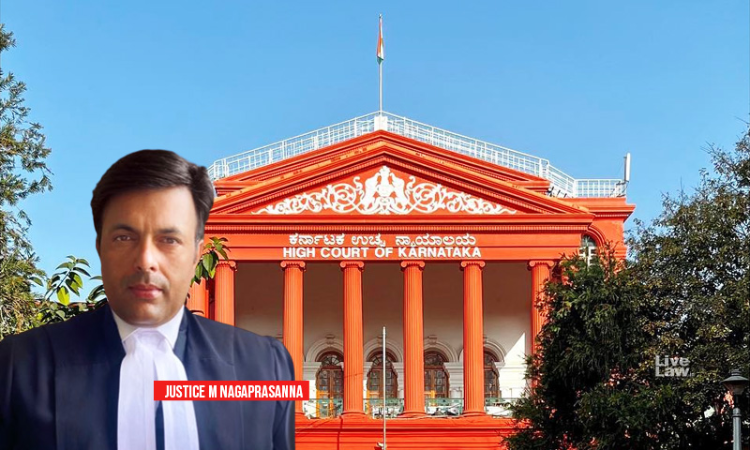The Karnataka High Court has made it clear that it is not necessary for only the complainant to approach the Magistrate court under Section 155(2) CrPC seeking permission to investigate a non-cognizable offence, and even a Police Officer to whom the complaint is presented can do so. A single judge bench of Justice M Nagaprasanna said, “Permission can either be sought by the complainant or...

